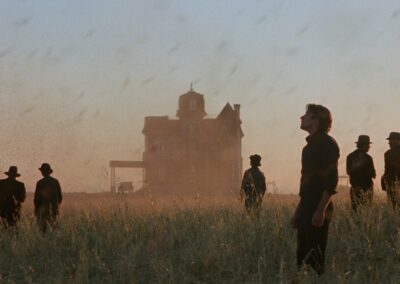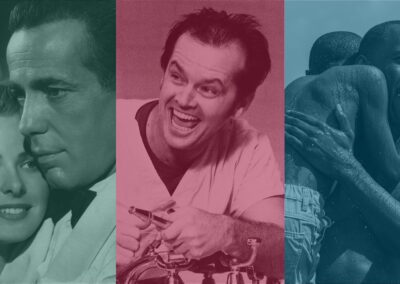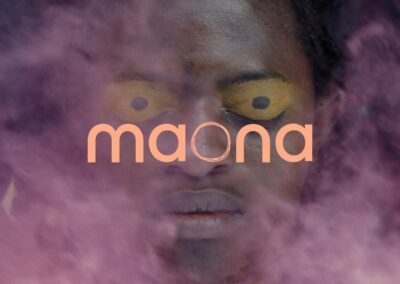Whilst Hollywood’s second Golden Age (the 1970s) may well be rightfully derided for its politics (especially its attitude towards gender and ethnicity) it is also, arguably, a period of American cinema when the acting was about as good as it gets. This was an era when the young guns were given control, as the studios lost their power and TV demanded that the movies offered something different- took risks, got down and dirty with the kids, grew up, got sexy, got brutal – whatever it took. It was the moment when Hollywood started turning out proper adult entertainment. Hell, they even let a load of young guys with beards (subsequently known as the Movie Brats) call themselves auteurs and make movies which they considered to be works of art before they were hailed as such by the critics. The arrogance. The genius. The egos. What a time to come of age, as I did. What a decade to grow up in.
Obviously a number of the big stars of yore continued to exert their presence on our screens – Redford kept heart-throbbing; McQueen and Newman retained their cool; Dunaway and Maclean were ravishing; Eastwood was taciturn as ever and even Ol’ Duke Wayne could still open movies in the decade.
But, as the industry evolved in the 70s, inevitably a new generation of anti-establishment actors also came along for the ride (the Easy Rider/Raging Bulls of Peter Biskind’s savage attack on the decade and its heavy hitters) including Dustin Hoffman, Diane Keaton, Robert DeNiro, Jane Fonda, Gene Hackman, Goldie Hawn, Woody Allen (lest we forget – he had a great onscreen persona), James Caan, Robert Duvall, Meryl Streep, Jack Nicholson, Richard Gere, Donald Sutherland and, of course, Al Pacino. A very white list, of course, but these are the 70s we are talking about.
The films they starred in were often character driven and the parts they played were often deeply flawed and toxic. Think about a few of the period’s Oscar winners: George C Scott for Patton; Hackman in French Connection; Liza Minnelli in Cabaret; Tatum O’Neal in Paper Moon; Ellen Burstyn in Alice Doesn’t Live Here Anymore; Louise Fletcher in …Cuckoo’s Nest. The roles these actors played were often unlikeable, egotistical, driven by dark and unknowable motivations; hurtful, self-absorbed (like we all can be at times). They were human and that was the point.
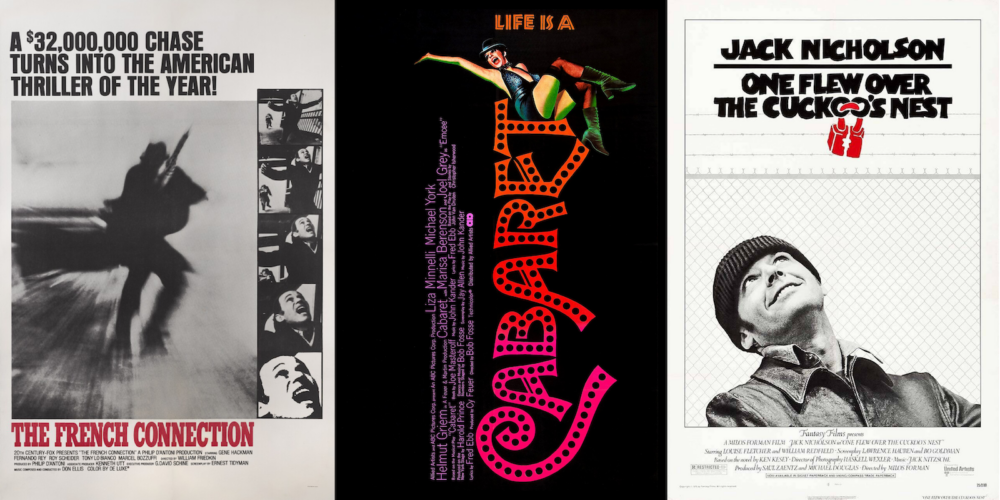
If there’s a better acted film from the 70s than Milos Foreman’s 1975 One Flew Over the Cuckoo’s Nest then it can only be either The Godfather or Godfather Part II (or maybe Dog Day Afternoon); the latter three, of course, all featuring Al Pacino, who began the decade “on fire” in this trio of acting master classes, plus Jerry Schatzberg’s under-rated road movie Scarecrow (in which he co-starred with Gene Hackman) and Sidney Lumet’s 1973 Serpico, which is being screened in a new digital print to celebrate its 50th anniversary at the UPP in October as part of the ‘Look Who’s Back: the Hollywood Renaissance and the Blacklist’ season (which also includes Midnight Cowboy, Claudine and Uptight).
Sidney Lumet wasn’t quite a movie brat, having started his career in 1957 with the staggeringly good Henry Fonda courtroom drama 12 Angry Men (a contender for one of the best acted films of the 50s, of course). In fact, Lumet’s long career threw up several other bona fide masterpieces – 1964’s nuclear crisis drama Fail Safe (which re-teamed him with Fonda); 1976’s ever-prescient media satire Network (in which Peter Finch is exceptional as the mad prophet of the airwaves newsreader Howard Beale, who threatens to kill himself live on air); 1981’s intense cop drama Prince of the City (all three hours of it) and 1982’s return to court with a drunken Paul Newman and a smarmy James Mason in The Verdict. He also helmed several stage adaptations including the Richard Burton starring version of Peter Schaffer’s Equus in 1977 and Michael Caine’s Deathtrap (co-starring Superman himself Christopher Reeve) in 82; a few big budget potboilers like Oscar winning Murder on the Orient Express in 1974 (in fact Sean Connery forged a good relationship with the director – also appearing in The Hill, The Anderson Tapes and The Offence) and a few big budget flops, like all-black musical The Wiz in 1978.
1975’s Dog Day Afternoon was based on a true story and re-teamed Pacino with the mighty John Cazale who had played the hapless Fredo in both Godfather films. They are bank robbers whose “job” on one of the hottest days of the year becomes a media sensation and, as the crowds grow and the TV helicopters buzz overhead, Pacino, in a white shirt waving a white handkerchief of surrender, clashes on the New York Streets with overweight cop Charles Durning, in scenes which still blister with raw energy and the power of two men shouting at each other. This is 70s acting which still blows away the opposition.
All of which makes Serpico all the more significant and seeing it all the more essential. It’s directed by Lumet – another New York cop story based on a true story; it stars Al at the top of his game, heavily bearded and hippy-fied as Frank Serpico, a cop calling out the corruption and sleaze he finds in the Department and, whilst this is a heavily male dominated yarn – the role of Serpico’s wife is played by Cornelia Sharpe, who also did good work in Busting and The Reincarnation of Peter Proud and who here gives, what could have been a limited role, some clout.
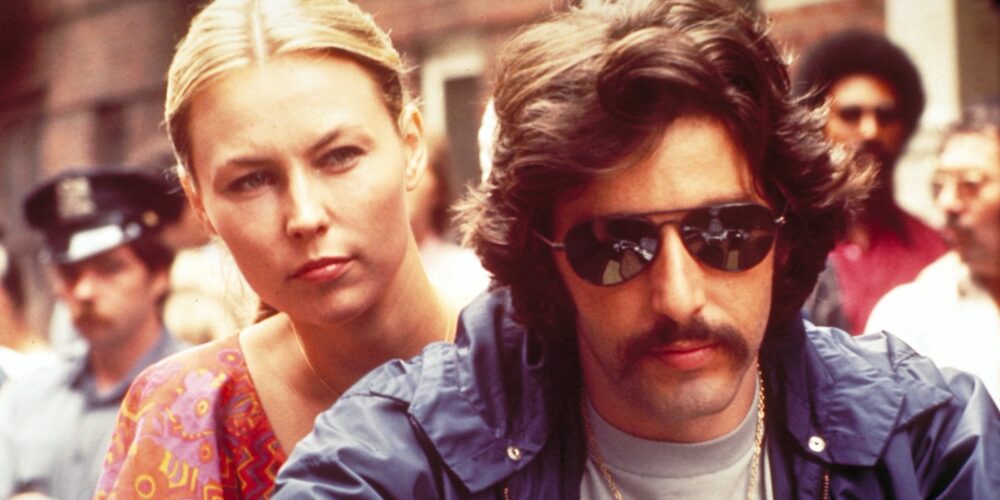
Serpico was edited by the fantastic Dede Allen, who found fame and fortune cutting Bonnie and Clyde but who also worked on, amongst others (deep breath) The Hustler, Little Big Man, Night Moves, Slap Shot and Reds; has cinematography by Arthur J Ornitz, who had worked with Lumet on The Anderson Tapes but also shot Michael Winner’s controversial Death Wish in 1974 and 1978’s (unfortunately) long forgotten Jill Clayburgh starring An Unmarried Woman in 1978 (a film well worth re-discovering). Music is by the Greek composer Mikis Theodorakis, who had previously worked with Powell and Pressburger on 1957’s war drama Ill Met By Moonlight and Gosta Gavras on Z and State of Siege.
Like so many of the fine films that emerged in the decade, Serpico is the story of a flawed, often unlikeable man, driven to try and do the right thing in a corrupt world. Undeniably Vietnam is still bugging everyone; Tricky Dickey is in charge (just); there’s a big divide between the kids and the pigs, even though the hippy dream is dying on its knees; America’s going to the dogs and the Man still wields all the power.
Perhaps, it’s very much still that way – we just haven’t noticed. And certainly American mainstream films made over the last decade or so have hardly reflected the times we live in, in the same way they did in the 1970s. It’s almost like we’re using cinema to block out what’s going on in the world these days – or maybe we are leaving that job to TV? Or maybe we are too busy shopping to care?
Serpico is a great example of why I love 70s Hollywood. It’s grown up entertainment of the best kind. And it was a hit.
Just don’t get me started on how it felt to watch the mighty fall, several decades later. Talk about dreams turning sour. Perhaps De Niro can redeem himself with Killers of the Flower Moon? Here’s hoping.
Dr Andrew C Webber is a Film teacher and examiner with over 37 years’ experience. He currently contributes to both the Cinema of the 70s and 80s magazines (available on Amazon); cassette gazette fanzine (available from cassette pirate on e-bay) and the Low Noise music podcast available on Spotify and Apple podcasts.
